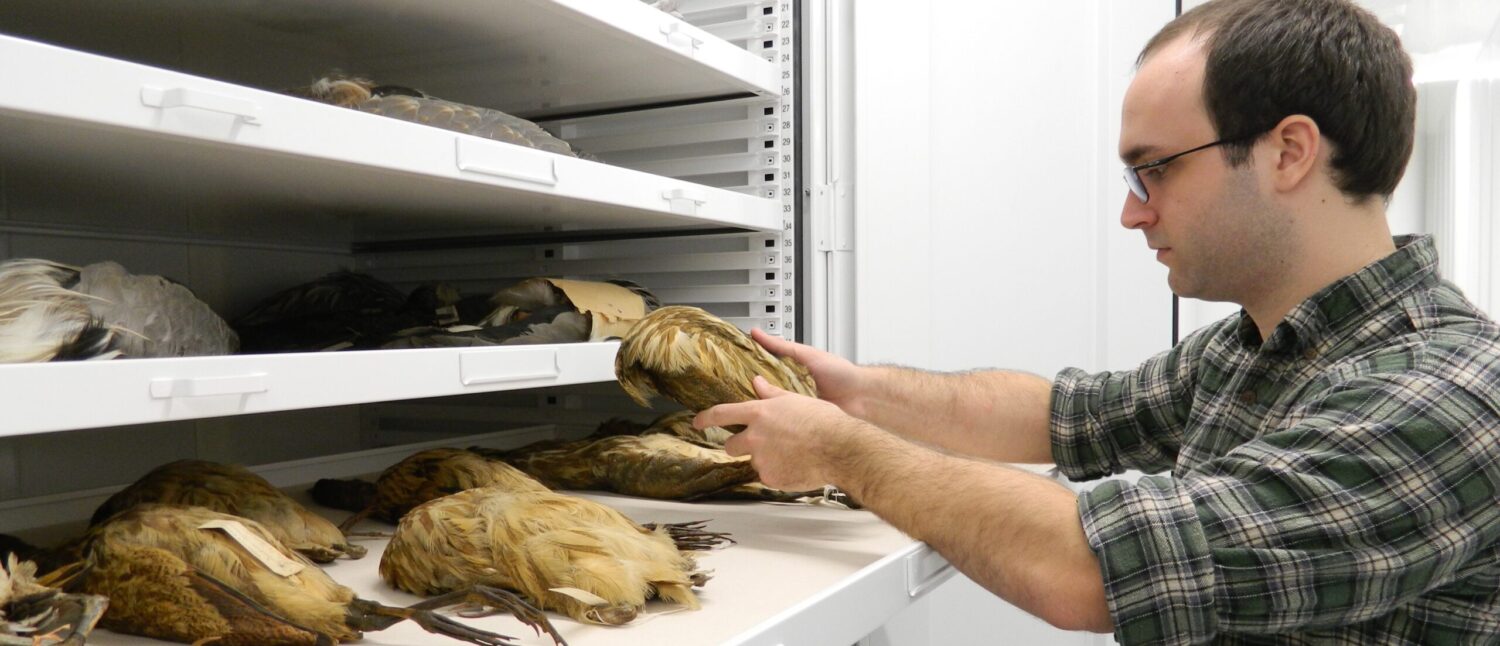A legislative milestone was marked on June 26, 2009 when the House of Representatives by a seven vote margin (219-212) approved HR 2454, the American Clean Energy and Security Act of 2009.  Ultimately, 44 Democrats opposed and 8 Republicans voted for HR 2454, also known as the Waxman-Markey bill.
HR 2454 includes a long list of environmental provisions, including an amendment to the Clean Air Act that establishes a cap-and-trade system intended to reduce greenhouse gas emissions by 17 percent below 2005 levels by 2020, and 83 percent below 2005 levels by 2050. The plan seeks to implement a market-based approach to establish an absolute cap on emissions and would allow trading of emissions allowances.
The Waxman-Markey bill also outlines a Natural Resources Climate Change Adaptation Policy. Toward this end, the chair of the White House Council on Environmental Quality would chair a panel that coordinates federal strategies for reducing greenhouse gases and advises the President on policy implementation. Within one year of enactment, the President would develop a strategy that assesses natural resource vulnerability to climate change, describes current climate change research and monitoring activities, identifies natural resources that have the greatest need for protection, and discusses actions for the implementation, and coordination of the plan by federal agencies.
HR 2454 also authorizes a National Climate Change and Wildlife Science Center within the United States Geological Survey (USGS) that would assess, synthesize, and highlight gaps in current scientific knowledge in order to forecast the ecological impacts of climate change on fish and wildlife. Funding for this effort has been included in appropriations and the USGS has been working to establish the center. Additionally, the bill would require the Secretaries of Commerce and the Interior to establish a Science Advisory Board with expertise in fish, wildlife, plant, aquatic, and coastal and marine biology, ecology, climate change, and ocean acidification. The Board would advise the Secretaries on current science and mitigation strategies pertaining to climate change and ocean acidification, and would identify and recommend priorities for research.
Natural resource adaptation policies would be funded by 1 percent of the emissions allowances generated by industry. Of that, 38.5 percent would be distributed to states, within which 84.4 percent would go to state wildlife agencies, and 15.6 percent would go to state coastal agencies. The remaining 61.5 percent of the emissions allowances for natural resource adaptation would be used to establish the Natural Resources Climate Change Adaptation Fund. This fund would be disbursed to six federal funding bodies, with the Department of Commerce and the Land and Water Conservation Fund getting the largest proportions, at 40.6 percent and 19.5 percent, respectively.
Senate majority leader Harry Reid (D-NV) has indicated a desire to begin Senate debate on climate change legislation this fall, after the Senate Environment and Public Works Committee and other panels in the Senate have had an opportunity to consider legislation.

